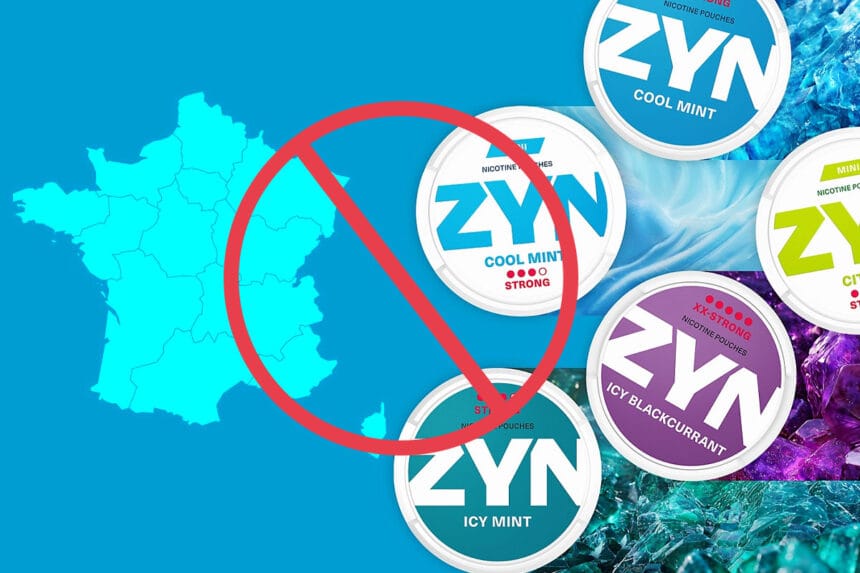Paris, France — The French government has announced its intention to ban nicotine pouches, a move prompted by rising concerns over their impact on youth health. Health Minister Geneviève Darrieussecq cited the “dangerous” nature of these products, which have grown increasingly popular among teenagers, as a driving factor behind the planned prohibition.
In a recent interview with Le Parisien, Minister Darrieussecq expressed grave concerns over the high nicotine content in these pouches, stating, “They are dangerous products because they contain high doses of nicotine.” She further emphasized the urgent need for regulation, with the official ban expected to be announced in the coming weeks.
The ban reflects a concerted effort to protect young people from nicotine addiction, particularly in response to marketing practices that appear to target them directly. “The marketing of these products is directly targeted at young people,” Darrieussecq explained. “I hope that we can protect our young people.”
Nicotine pouches are small, tobacco-free bags containing nicotine, flavoring, and plant-based fibers that deliver a rapid nicotine hit when placed under the lip. Marketed as a safer alternative to cigarettes, they have gained traction among teenagers; however, Darrieussecq contends they present significant health risks, “especially when they are used not by former smokers but by young people.” The minister warns that pouches may induce nicotine addiction and act as a potential gateway to smoking.
The move follows recent calls from 12 European Union health ministers urging the European Commission to introduce restrictions on nicotine products, including a ban on flavored vapes, in June.
Minister Darrieussecq highlighted troubling data from poison control centers, noting a surge in calls related to acute nicotine syndromes in teenagers, sometimes resulting in severe symptoms. “I am very concerned because poison control centers are receiving more and more calls from teenagers for acute nicotine syndromes, sometimes severe, in connection with the consumption of the pouches,” she said.
France’s stance on nicotine pouches aligns with a broader commitment to public health and youth protection. “It is our duty to prohibit the marketing of these products,” Darrieussecq concluded, affirming the government’s resolve to curtail the spread of potentially harmful substances among its youth.











